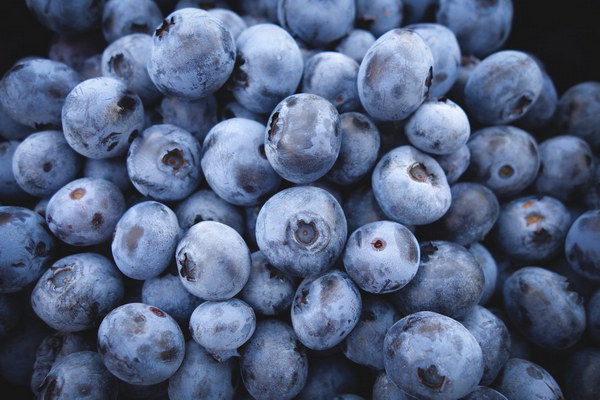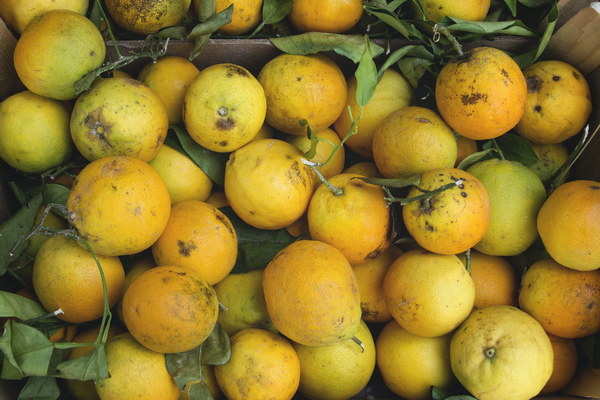Why Pears Are a LungSaving Superfood Nutritional Benefits and Hydration Hacks for Respiratory Health
Why Pears Are a Lung-Saving Superfood: Nutritional Benefits and Hydration Hacks for Respiratory Health
The humble pear, often overlooked in the realm of superfoods, holds a treasure trove of health benefits, particularly for the lungs. With their sweet, juicy flesh and high water content, pears have been a staple in diets for centuries, not just for their delicious taste but also for their potential to boost respiratory health. Let's delve into why pears are considered a lung-saving superfood and how they can be incorporated into a diet for optimal respiratory care.
1. High in Hydration: A Natural Humidifier for the Lungs
One of the primary reasons pears are beneficial for the lungs is their high water content. Pears are about 84% water, making them a natural hydrator. Proper hydration is crucial for maintaining the health of the respiratory system. When you drink plenty of water, it helps to keep the mucus in your lungs thin and less likely to cause congestion. This can be particularly beneficial during times when the air is dry, such as during winter months or in arid climates.
2. Rich in Antioxidants: Protecting Against Inflammation and Oxidative Stress
Pears are rich in antioxidants, including vitamin C, vitamin K, and flavonoids like quercetin. These antioxidants play a vital role in protecting the lungs from oxidative stress and inflammation, which can lead to respiratory conditions like asthma and chronic obstructive pulmonary disease (COPD). Vitamin C, for instance, has been shown to reduce the severity of asthma symptoms and improve lung function.
3. Mucilage Content: Soothing Irritated Lungs
The mucilage in pears is a type of dietary fiber that has a slippery texture. This substance coats the throat and can help soothe irritation and inflammation in the lungs and airways. For those suffering from conditions like bronchitis or who have dry, sore throats, the mucilage in pears can provide much-needed relief.
4. Vitamin C: A Key Player in Immune Support
Vitamin C is not only a powerful antioxidant but also an essential nutrient for immune system health. A strong immune system is crucial for fighting off infections that can affect the lungs, such as the common cold or influenza. Pears provide a good amount of vitamin C, making them a valuable addition to a diet aimed at supporting respiratory health.
5. Fiber for Digestive Health: Less Strain on the Lungs
A diet high in fiber can help prevent constipation, which can put extra strain on the lungs. Constipation can lead to a buildup of feces in the colon, which can cause abdominal pressure and potentially lead to respiratory issues. The fiber in pears aids in maintaining regular bowel movements, reducing this pressure and strain.
Incorporating Pears into Your Diet: Creative Ideas

- Pear Smoothies: Blend ripe pears with your favorite fruits and a scoop of protein powder for a nutritious and refreshing smoothie.
- Pear Salad: Add sliced pears to a salad with spinach, arugula, and a balsamic vinaigrette for a hydrating and flavorful meal.
- Roasted Pears: Toss pear slices with a bit of honey, cinnamon, and olive oil, then roast until caramelized for a sweet and comforting side dish.
- Pear Soup: Create a soothing pear soup with pear puree, ginger, and a touch of honey for a warm and comforting drink.
Conclusion
Pears are more than just a tasty treat; they are a powerhouse of nutrients that can support lung health. Their high water content, antioxidants, mucilage, vitamin C, and fiber all contribute to a respiratory system that is well-hydrated, protected against inflammation, and supported by a robust immune system. By incorporating pears into your diet, you're not just satisfying your sweet tooth; you're also taking a proactive step towards maintaining a healthy respiratory system. So next time you're at the grocery store, consider picking up a couple of pears for a delicious and beneficial addition to your meal plan.









